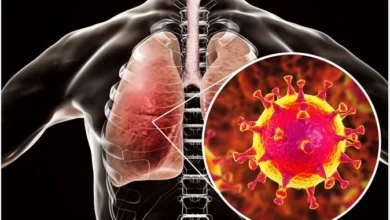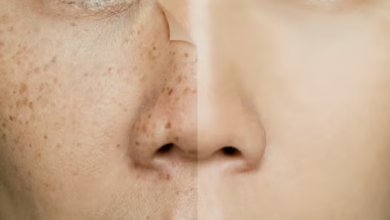Does lowering cholesterol Reduce Heart Disease?

Discover the critical connection between cholesterol levels and heart disease. Learn how lowering cholesterol through lifestyle changes . Cardiac health refers to the well-being of the heart and the blood vessels that supply it with oxygen and nutrients. One of the critical factors affecting cardiac health is cholesterol. Cholesterol is a waxy, fat-like substance found in the cells of the body and in certain foods. While it is necessary for several bodily functions, having too much cholesterol, particularly the “bad” cholesterol, can pose significant health risks.
Types of Cholesterol:

1. Low-Density Lipoprotein (LDL) Cholesterol:
Often referred to as “bad” cholesterol, high levels of LDL cholesterol can lead to the formation of fatty deposits in the arteries, known as plaque. This can narrow the arteries and restrict blood flow, increasing the risk of heart disease and stroke.
2. High-Density Lipoprotein (HDL) Cholesterol:
This is known as “good” cholesterol. HDL cholesterol helps remove LDL cholesterol from the arteries, preventing the formation of plaque and reducing the risk of heart disease.
The Link Between Cholesterol and Cardiac Health:
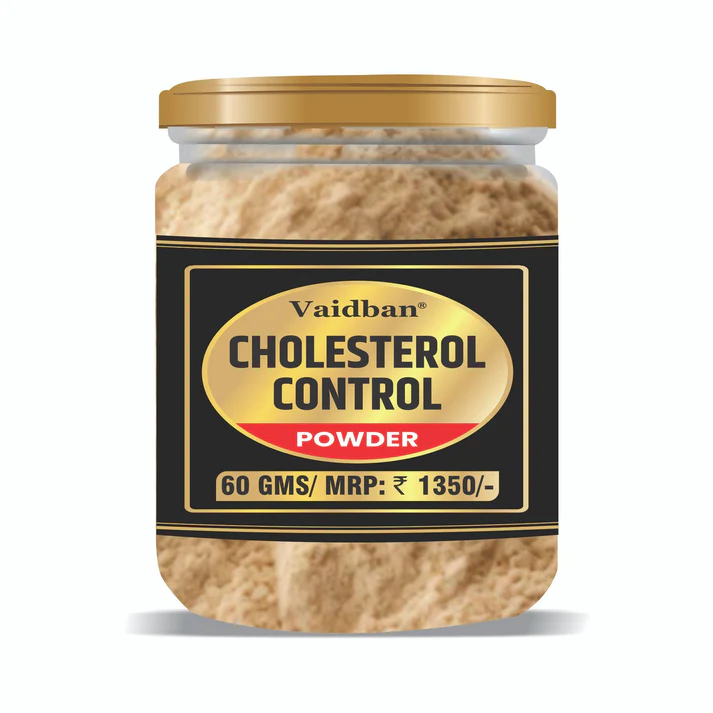
Elevated levels of LDL cholesterol can lead to atherosclerosis, a condition where plaque builds up on the inner walls of arteries. Over time, the plaque can harden and narrow the arteries, reducing blood flow to the heart muscle. This can result in various heart-related problems such as:
1. Coronary Artery Disease (CAD):
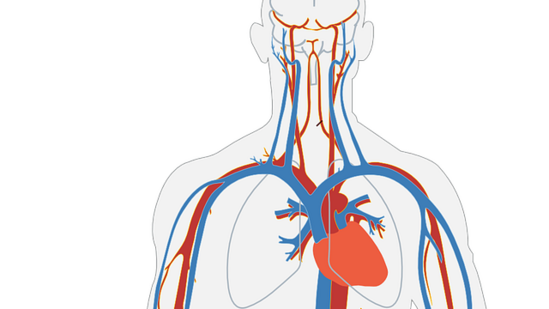
The most common type of heart disease, CAD occurs when the coronary arteries (arteries supplying blood to the heart) become narrowed or blocked by plaque, leading to chest pain (angina), heart attacks, or other complications.
2. Stroke:
When plaque buildup or a blood clot blocks the blood flow to the brain, it can cause a stroke, which may result in brain damage or even death.
Managing Cholesterol and Promoting Cardiac Health:
1. Healthy Diet:

A heart-healthy diet can help control cholesterol levels. It should include plenty of fruits, vegetables, whole grains, lean proteins, and healthy fats like those found in nuts, seeds, and fish. Limiting saturated and trans fats, as well as cholesterol-rich foods, is essential.
2. Regular Exercise:

Physical activity can increase HDL cholesterol levels and improve overall cardiovascular health. Aim for at least 150 minutes of moderate-intensity exercise or 75 minutes of vigorous-intensity exercise per week.
3. Quit Smoking:

Smoking damages blood vessels, reduces HDL cholesterol levels, and increases the risk of heart disease. Quitting smoking can significantly improve cardiac health.
4. Maintain a Healthy Weight:

Being overweight or obese can raise LDL cholesterol levels and increase the risk of heart disease. Achieving and maintaining a healthy weight through a balanced diet and regular exercise is crucial.
5. Medication:

In some cases, lifestyle changes may not be sufficient to control cholesterol levels. Doctors may prescribe cholesterol-lowering medications, such as statins, to manage cholesterol levels effectively.
6. Regular Check-ups:
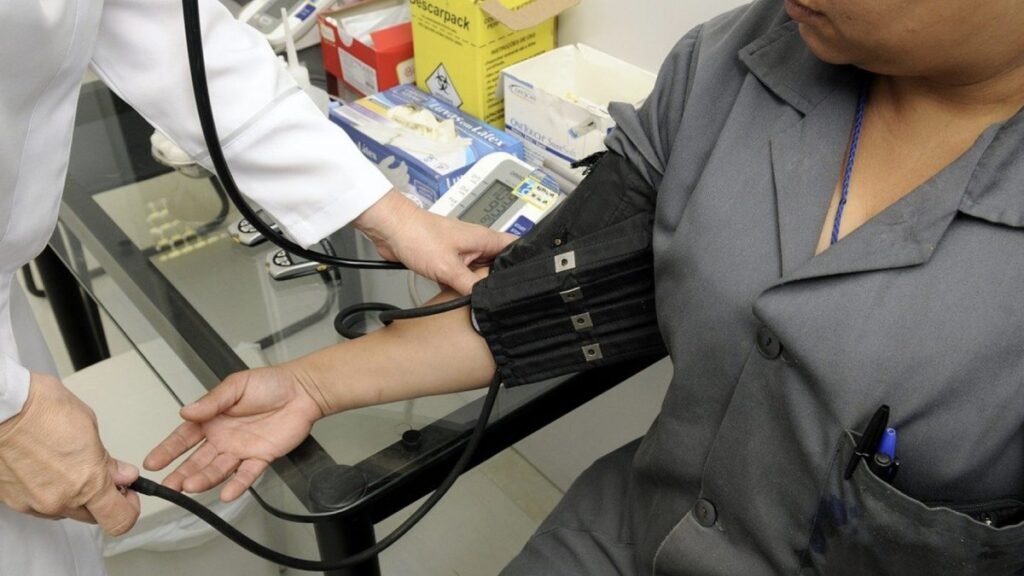
Regular health check-ups and cholesterol screenings are essential, especially if there is a family history of heart disease or high cholesterol. Monitoring cholesterol levels allows early detection of any abnormalities and provides an opportunity to take necessary preventive measures.
Remember, managing cholesterol levels and promoting cardiac health are vital for reducing the risk of heart disease and leading a healthier life. Always consult with a healthcare professional for personalized advice and guidance on maintaining your cardiac health.
If you have any queries related to medical health, consult Subhash Goyal or his team members on this given no +91 99150 72372, +91 99150 99575, +918283060000

